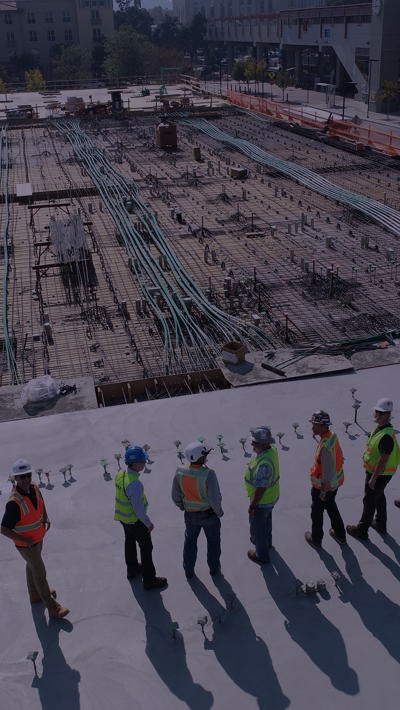Contents
Should a contractor be paid for variation work carried out in accordance with an oral instruction, where the contract requires that variations are instructed in writing? Or does the principal get the work for free?
This was the issue before the Singaporean High Court in Vim Engineering Pte Ltd v Deluge Fire Protection (SEA) Pte Ltd [2021] SGHC 63.
Context
Deluge Fire Protection (SEA) Pte Limited (Deluge) was a subcontractor of the main contractor in a construction project, and in turn subcontracted some of its plumbing and sanitary scope to Vim Engineering Pte Limited (Vim) under the terms of a subcontract agreement (the Subcontract).
Clause 16 of the Subcontract provided that variation work “shall be on a back-to back-basis with the Main Contract” and “shall be carried out only with written [instructions] from [Deluge’s] Project Manager…”.
In the High Court, Vim sought payment for variation work that had been undertaken in reliance on oral instructions only.
The decision
Variation claim
The Court held that Vim’s non-compliance with clause 16 precluded Vim from claiming a variation for the work, citing Mansource Interior v CSG Group1 as authority that strict compliance with contractual conditions is necessary for a successful variation claim.
There were also good commercial reasons to require instruction in writing:
“First, it provides for a written record, thus obviating disputes as to what was allegedly said (which happened in the present case). Second, it focuses the parties’ attention, at the time, on whether in principle there may be an adjustment to the contract sum.
“If, without written instructions, Vim proceeded to do work that it considered to be a variation, it did so at its own risk. As a corollary, if there had been written instructions from Deluge’s project manager, Deluge would be recognising that – in principle – Vim might get additional payment.
“Firming up the parties’ positions contemporaneously as to whether variation works are involved is better than fighting about it in court (and in hindsight) long after the project”.
And there was no reliable evidence that Deluge had waived this requirement. The person who instructed the variations orally was not authorised to waive the requirements of the Subcontract.
Quantum meruit
In the event that it was not entitled to a variation, Vim claimed payment for the work on a quantum meruit (literally “what one has earned”) basis.
The Court dismissed this claim, finding it could not be established either that Deluge had benefited from the variation works as it did not own the site or that it received any payment for them from the main contractor.
Key takeaways
This case will be cited to support the proposition that ‘no oral variation’ clauses should be strictly enforced.
That said, each case will turn on its facts. The result in this case was influenced by:
- the absence of any waiver of the contractual requirements. If Vim had been able to demonstrate that Deluge regularly considered and approved claims for variations that had been instructed orally, or that the person who issued the relevant instructions had been authorised to waive the contractual requirements, the outcome may have been different, and
- the ‘back-to-back’ provision linking payment for variations under the Subcontract to payment for variations under the main contract. The fact that Deluge was not paid by the main contractor for the work in dispute was fatal to Vim’s quantum meruit claim.
Our thanks to Jack Edmond for drafting this Brief Counsel.
1 Mansource Interior Pte Ltd v CSG Group Pte Ltd[1] [2017] 5 SLR 203









































